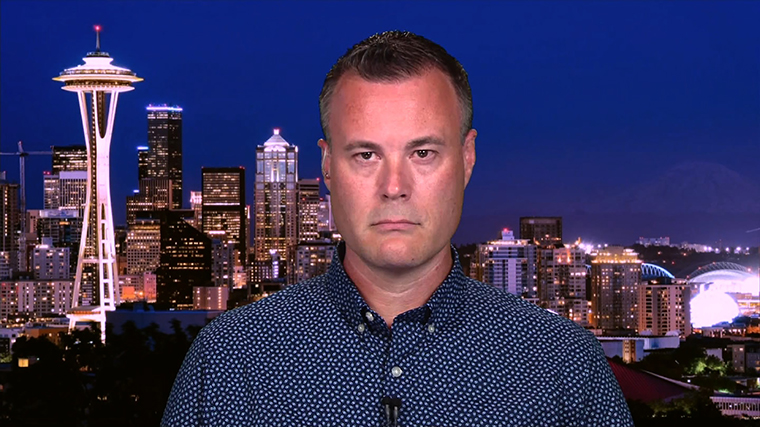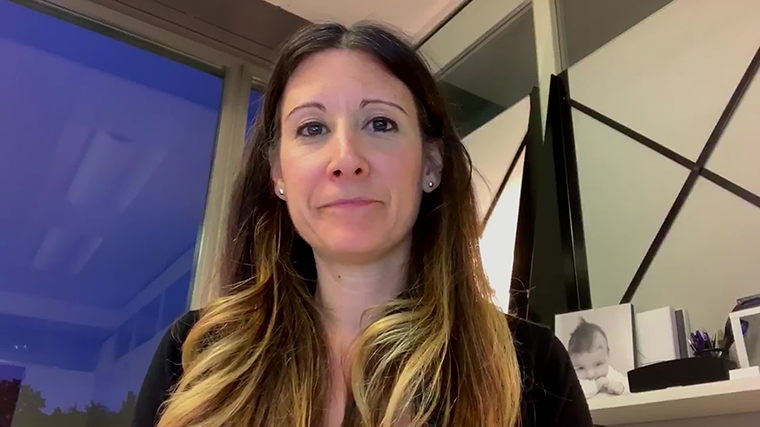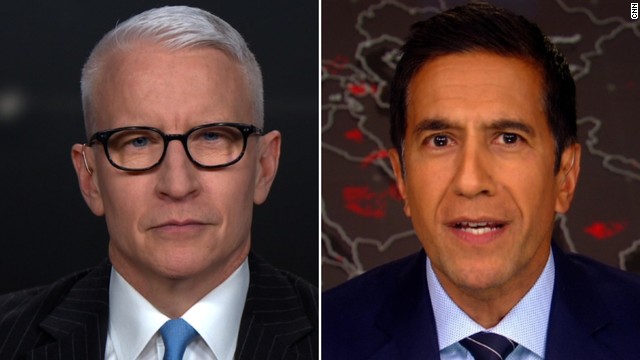The US Food and Drug Administration on Thursday issued an alert about “possible accuracy concerns” with the Abbott ID Now coronavirus test, a rapid point-of-care test.
The device can return results in less than 15 minutes, but recent studies have raised concerns over the test’s accuracy – suggesting that it may provide an unacceptable number of false negatives, indicating somebody doesn’t have the virus when they do.
“Today, the U.S. Food and Drug Administration is alerting the public to early data that suggest potential inaccurate results from using the Abbott ID NOW point-of-care test to diagnose Covid-19. Specifically, the test may return false negative results,” the FDA said in a statement.
The FDA said the test can still be used and that it’s working with Abbott, the device and drug maker behind the test, to study data. It noted that any issues with the test are not yet understood.
The agency said it was aware of studies reporting accuracy issues with the test, but said those studies may have had limitations, including small sample sizes and potential design biases. People also might not have run the tests properly, the FDA said.
“The FDA has received 15 adverse event reports about the Abbott ID NOW device that suggest some users are receiving inaccurate negative results. The agency is reviewing these reports,” the FDA said.
“Moving forward, Abbott has agreed to conduct post-market studies for the ID NOW device that each will include at least 150 COVID-19 positive patients in a variety of clinical settings. The FDA will continue to review interim data on an ongoing basis,” the agency added. “The information gathered from the post-market studies can further help the agency understand the cause or patterns of any accuracy issues and inform any additional actions the company or the FDA should take.”
Abbott disputed the studies that found problems with its test, but said it was making adjustments.
“While we understand no test is perfect, test outcomes depend on a number of factors including patient selection, specimen type, collection, handling, storage, transport and conformity to the way the test was designed to be run. ID NOW is intended to be used near the patient with a direct swab test method,” the company said in a statement.
Abbott said it was “clarifying our product information to provide better guidance to healthcare providers that negative results should be considered in the context of a patient's recent exposures, history and the presence of clinical signs and symptoms consistent with COVID-19.”
If a patient gets a negative result but looks ill, another test should be run, Abbott said.
“We are also reinforcing proper sample collection and handling instructions. We are communicating this to our customers," the company said.







